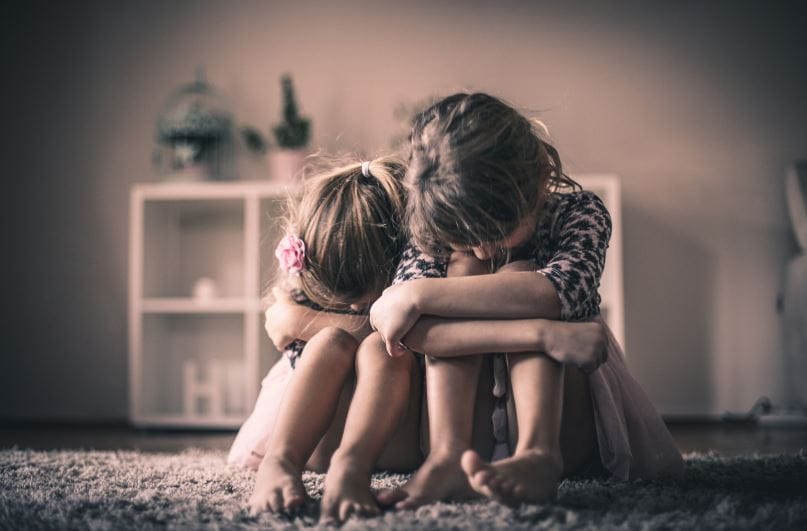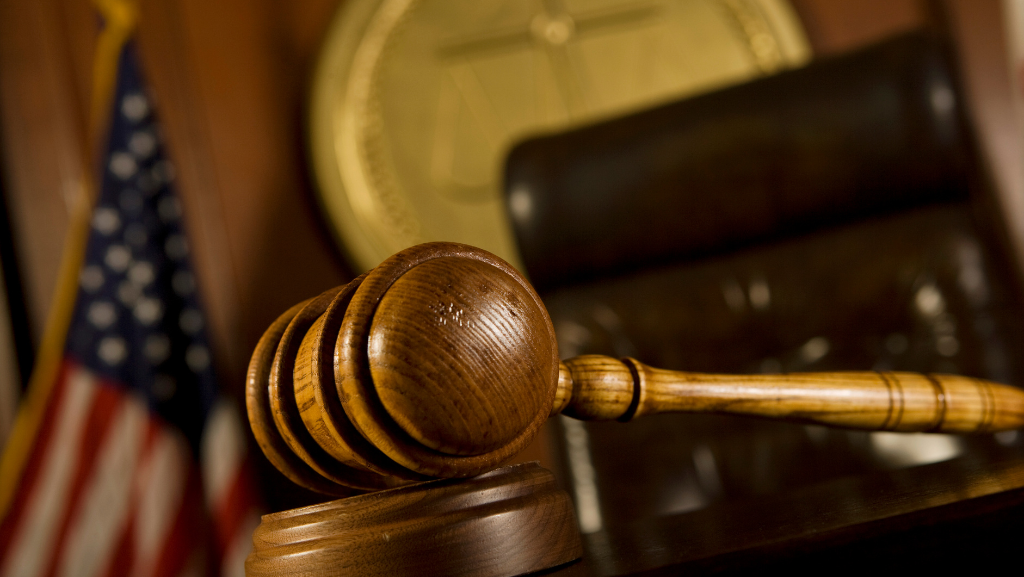
Forced Co-Parenting with Abusers: The Hidden Crisis in Family Courts
Protective parents attempting to provide cover for their children who have been subjected to documented unconscionable abuse—physical, sexual, and emotional—are often forced into a paradigm of juggling protection for their child within oppressive court systems. The unspoken truth, known only to the relevant parties, is the nagging anxiety when the child is outside the physical and exclusive custody of the protective parent. This provokes the knowledge that the child is being subjected to levels of abuse and harm detrimental to their development.
The pressure and compulsion driven by the terroristic threats of the court and associated minions—that you will either be put in jail, lose custody, or be stripped of assets, and that the attorney fees for your adversary will be charged to you—further deplete your capacity to defend your child against the crushing orders pounding protective parents. What’s even worse is that you’ll be ordered to co-parent with an abuser. Not only is the 50/50 custody arrangement rife with danger from the actual abuse to which the child will be subjected, but it also creates a “psychochaos” of continual damage control. The agencies meant to protect the vulnerable are geared towards hiding such things.
The Psychological Toll on Children: When Protective Parents Are Silenced
The anguish of the parent being spaghettified in the black hole of family courts—not only witnessing the abuse of your child but being unable to act upon it—is a crippling aspect affecting the child’s development. Reality testing, socialization, development, and the inability to experience life themselves become impaired. Awareness of the mirror becomes much more distorted. These counterintuitive policies are psychologically and emotionally crippling and hinder normal socialization. The court processes and orders forcing children into the custody of abusers have an impact that will be discussed in a later article.
Our experience with protective parents who seek 50/50 custody under the supervision and monitoring of the court—a mandate that involves no complaints, no reporting against the abuser, and no medical or psychiatric care for the child—shows that the pretense presented to the court subjects the child to living an abusive hell. This not only has immediate consequences for the child’s development, but the failure to have a court record and system that protects against this abuse is just as grave.
Example of Injustice
A Massachusetts parent was forced by court order not to report abuse on her 5-year-old son. The abuse was such that he was acting sexually in preschool to the point that he was not allowed in kindergarten. In preschool, he was attacking little girls and attempting to masturbate and hump them. His behavior with his mother, a military pilot who flew the largest cargo planes delivering supplies to soldiers in the Kuwait war, escalated to the point where the son tried to stick his genitals in her mouth and start humping. This abuse has made the child dysfunctional and no longer able to integrate with the normal structures of society. Even though she agreed to all the court demands and withdrew from any therapeutic interactions with the child, his behavior caused him to become so thoroughly dysfunctional that he was placed on homeschooling at the home of the father, the custodial parent. No intervention was ever allowed or made.
Additional cases involve parents forced to co-parent, subjected to witness child abuse, and their own extreme physical and emotional abuse. Not only is there no benefit to children in these situations, but it is detrimental to them. The preponderance of evidence from historical outcomes of children whose history is part of our archive indicates that co-parenting with an abuser results in the utter annihilation of the capacity to trust anyone, let alone themselves.
The parents’ sacrifice to remain present for the child in consolation only angers the child, as there is no haven to go to—only temporary breathing room. The absence of protection from the present but ineffective parent has been most frequently reported as producing further despair for the child. The evolution of children in the grip of uninterrupted abuse involves a pathway where they become doppelgängers of their abusers. They become the permutation of the abuser that at one time in life, they hoped to escape from. Coping mechanisms, not limited to drug abuse, are used to sustain life, and this result is pervasive. Some may develop mechanisms of anti-social behavior and mental illness. Due to these developed illnesses, successful suicides are revealed to total despair, as family courts allow this isolation to continue even after the child turns 18.
Systemic Failures and the Urgent Need for Reform in Child Custody Cases
The systemic failures within family courts not only perpetuate but often exacerbate the cycle of abuse, leading to long-term psychological and social damage for children. As documented, the enforcement of co-parenting with abusers under the guise of fairness or neutrality is a profound miscarriage of justice that prioritizes legal processes over child welfare. The protective parents, caught in this legal quagmire, face a dual battle: one against the abuser and another against a system that seems designed to overlook the child’s best interests.
The cases highlighted, like that of the Massachusetts child, serve as stark reminders of the urgent need for reform. Family courts must evolve from being mechanisms of control and punishment to institutions that truly protect and nurture the development of children.


